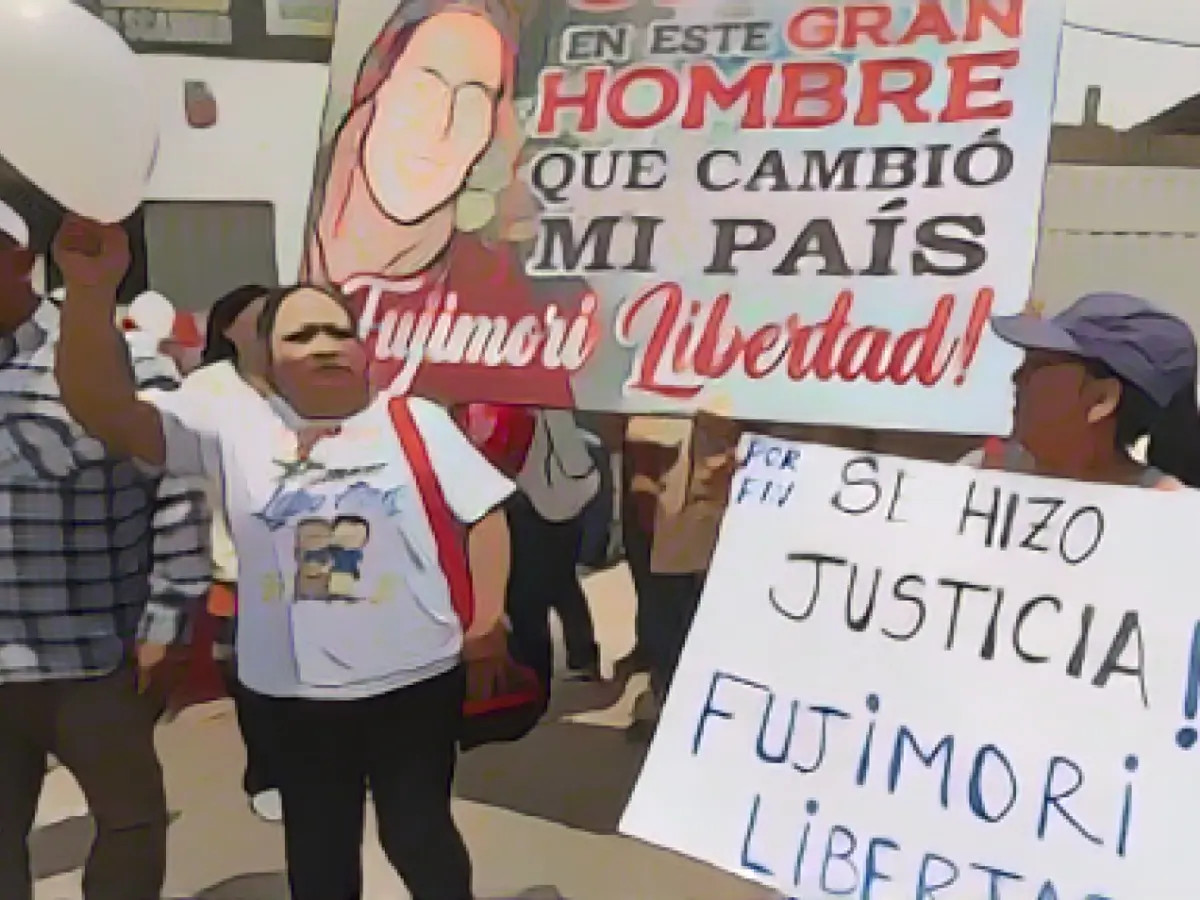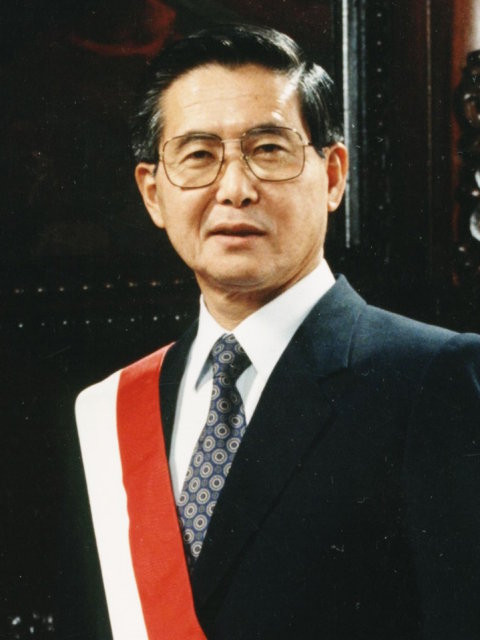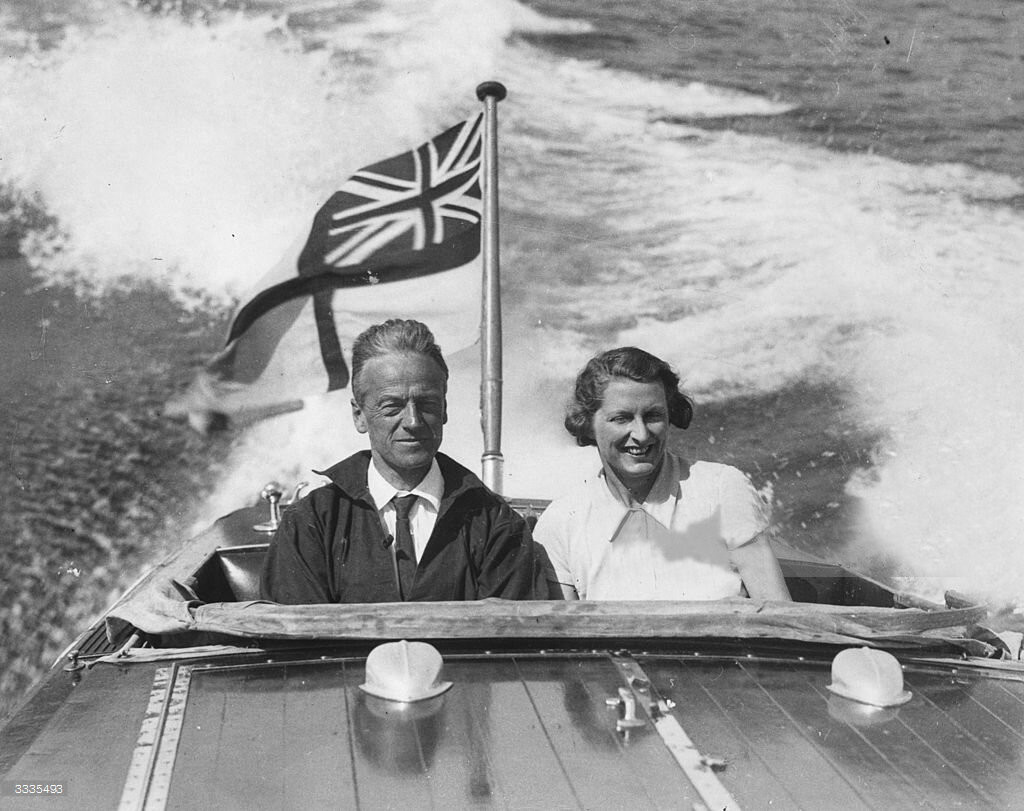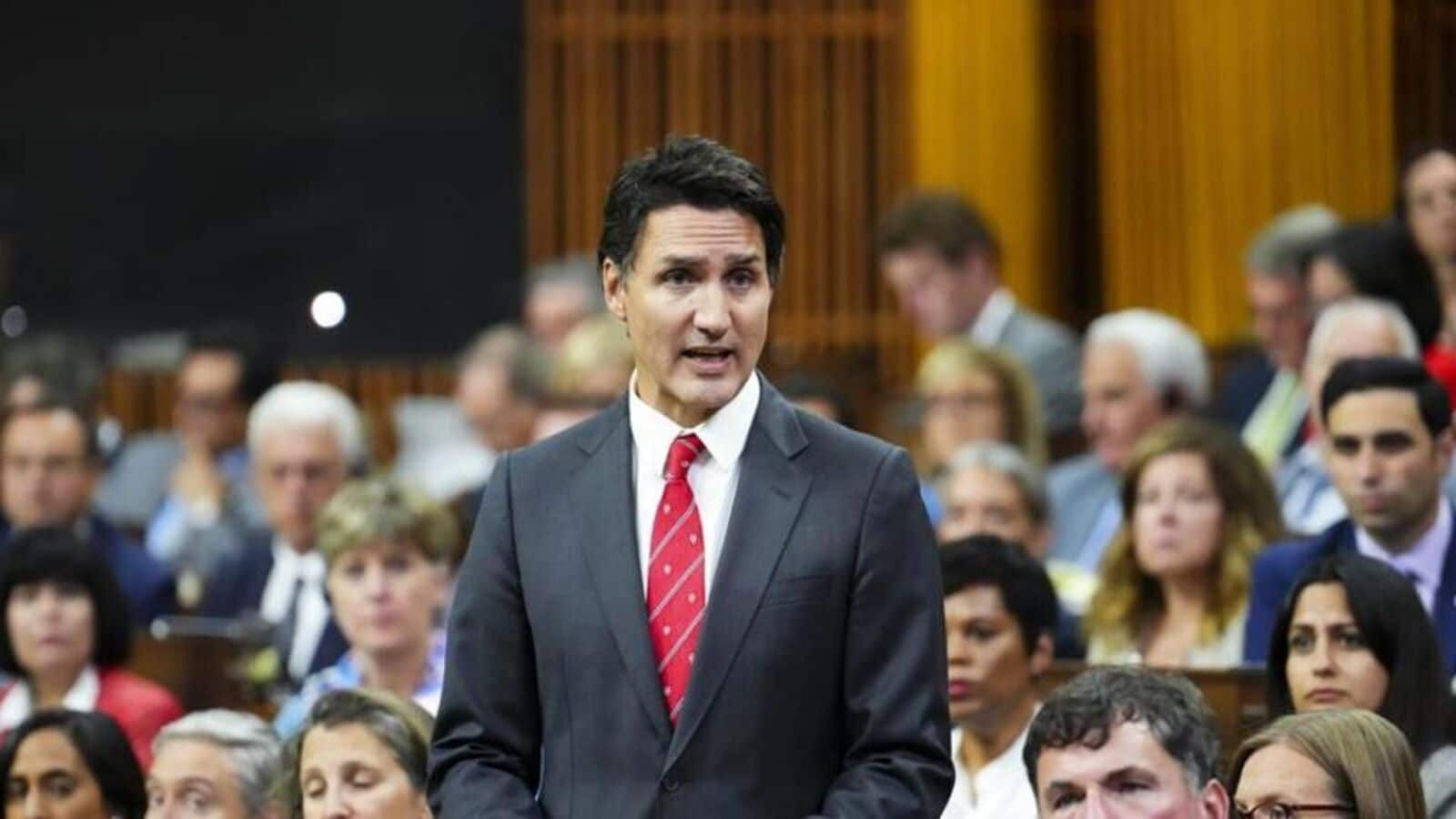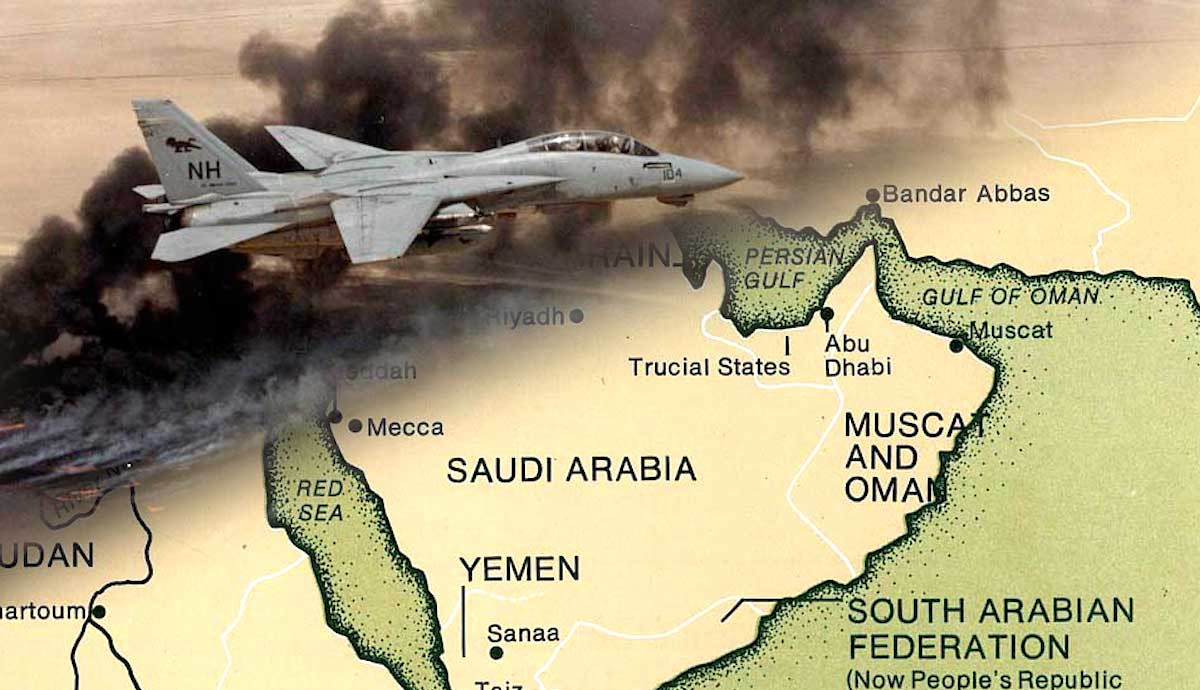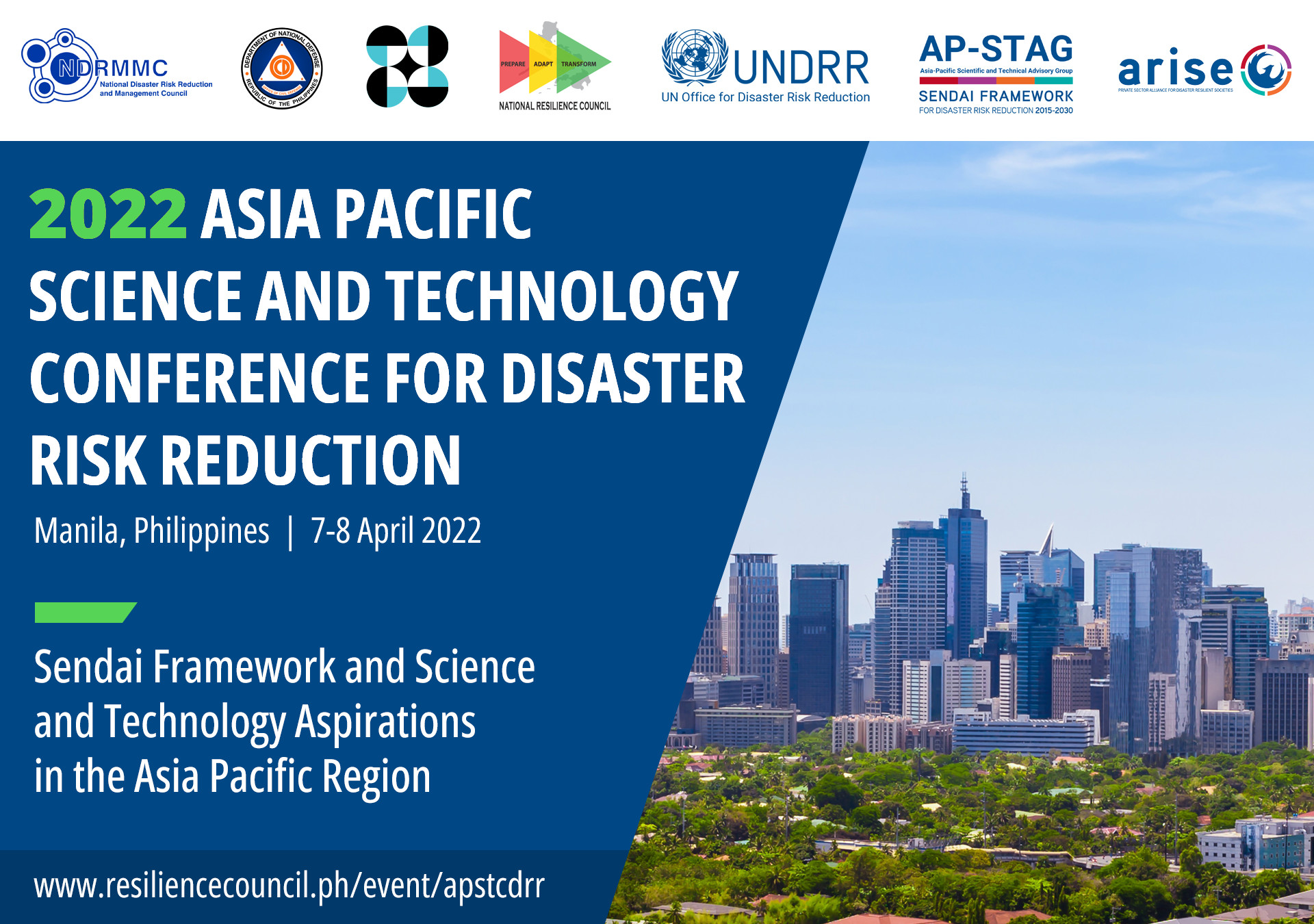A Controversial Legacy: Alberto Fujimori, Former President of Peru, Dies at 86
Alberto Fujimori, a figure whose presidency was marked by both economic triumphs and human rights abuses, has died at the age of 86. His passing has sparked a renewed debate about his complex legacy, with supporters praising his efforts to stabilize Peru's economy and defeat a violent insurgency, while critics highlight his authoritarian tendencies and the atrocities committed under his rule.
Fujimori, who governed Peru from 1990 to 2000, rose to power on a platform of economic reform and security, promising to combat the rampant inflation and the brutal Shining Path insurgency that had plagued the country. His initial years in office saw significant economic progress, with inflation under control and a crackdown on the Shining Path. This period earned him widespread support, solidifying his image as a strong leader who brought stability to Peru.
The Dark Side of Fujimori's Rule
However, Fujimori's reign was not without its dark side. He became increasingly authoritarian, dismantling democratic institutions and resorting to tactics that violated human rights. This included the use of death squads and the forced sterilization of indigenous women. Fujimori's government was also riddled with corruption, with his intelligence chief, Vladimiro Montesinos, embroiled in a bribery scandal that ultimately led to Fujimori's downfall.
A Fall from Grace and Imprisonment
In 2000, Fujimori fled to Japan, his parents' homeland, after videotapes surfaced showing Montesinos bribing lawmakers. He resigned from office via fax, sending shockwaves through Peru and the world. However, his escape did not end his legal troubles. Five years later, he was arrested in Chile and extradited to Peru to face charges of corruption and human rights abuses.
Fujimori was ultimately convicted of crimes against humanity for his role in the massacres committed by army death squads. He was sentenced to 25 years in prison, but he was pardoned in 2017 on humanitarian grounds due to his declining health. However, the pardon was later annulled, and he returned to prison in 2019. Fujimori was released again in December 2023 after a court reinstated his pardon.
A Divisive Legacy
Fujimori's legacy remains deeply divisive in Peru. Some view him as a strong leader who saved the country from economic ruin and a violent insurgency, while others see him as a ruthless dictator who trampled on human rights and democratic principles. His daughter, Keiko Fujimori, a former presidential candidate herself, has described him as a "father, grandfather, and great-grandfather" who "taught us the value of work and the importance of fighting for our convictions."
However, Fujimori's critics have condemned his actions, pointing to the thousands of people who were killed or disappeared during his rule. They argue that his economic reforms came at the cost of human rights and that his legacy will forever be stained by the atrocities committed under his watch.
A Contentious Debate Continues
As Peru mourns the passing of its former president, the debate about Fujimori's legacy is likely to continue. His supporters are likely to remember him for his economic successes and his role in defeating the Shining Path, while his detractors will focus on his authoritarianism and the human rights abuses committed under his watch. Whether history remembers him as a savior or a tyrant, Fujimori's presidency will undoubtedly continue to be a source of debate and discussion for years to come.
The Future of Peru
The death of Alberto Fujimori has brought a renewed focus on the future of Peru. The country continues to face challenges, including economic instability, political corruption, and social inequality. While Fujimori's legacy remains controversial, his death provides an opportunity for Peru to reflect on its past and to chart a course for a brighter future. The country must move forward with a commitment to democracy, human rights, and social justice, ensuring that the mistakes of the past are not repeated.
Remembering Fujimori: A Complex Figure
Alberto Fujimori was a complex figure whose presidency was marked by both achievements and failings. His legacy is one of contradiction, with his economic successes being overshadowed by his authoritarian tendencies and human rights abuses. His death has reopened a wound that has been festering for decades, with Peru grappling with the complexities of his reign and the scars left behind. Only time will tell how history will ultimately judge his legacy.




